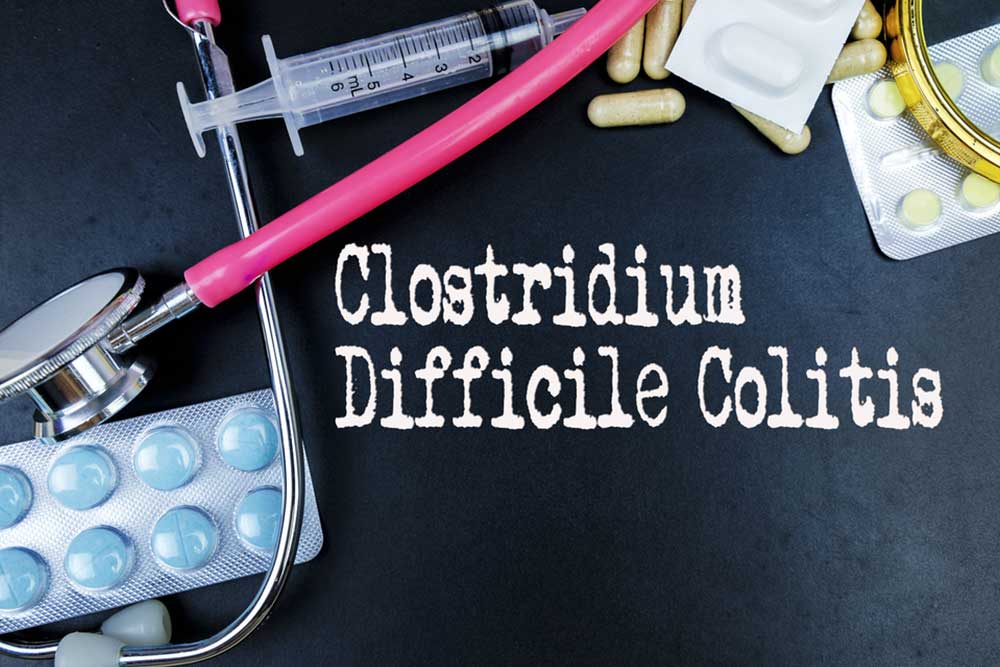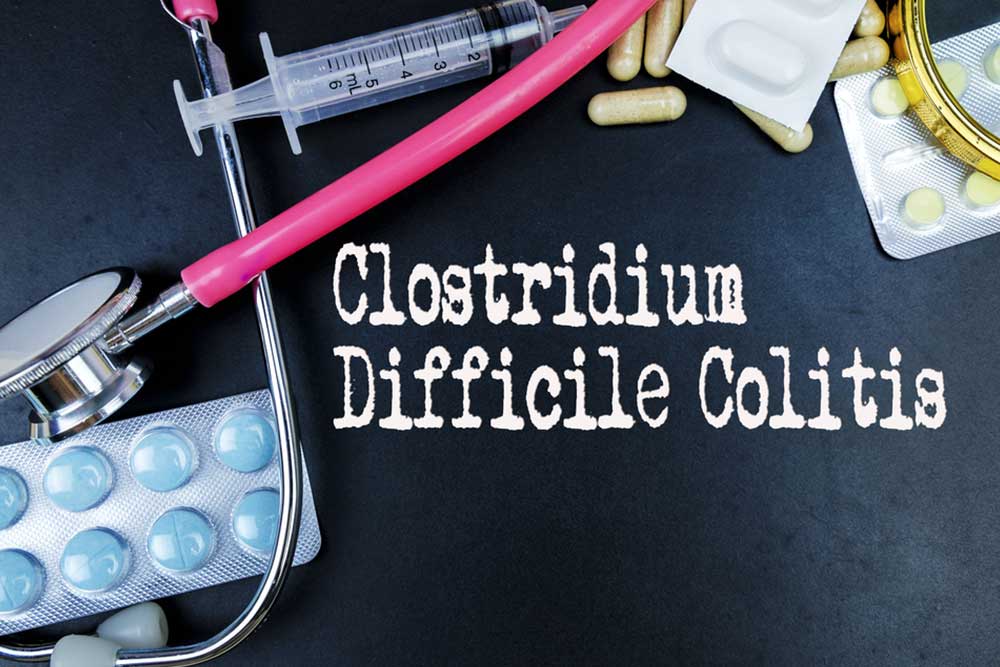Recognizing Symptoms of C. difficile Infection
This article explores the common symptoms of C. difficile infection, highlighting the differences between mild and severe cases. It emphasizes the importance of early detection, especially as infections are rising among diverse populations. Recognizing signs like watery diarrhea, dehydration, and abdominal pain can prompt timely medical intervention, reducing risks. The piece also stresses consulting healthcare providers if symptoms persist post-antibiotic treatment, ensuring effective management of this potentially serious bacterial infection.

Understanding C. difficile: Common Signs and Symptoms
Clostridium difficile, often called C. diff, is a bacteria responsible for serious infections, especially in elderly individuals in hospitals or long-term care settings. Traditionally linked to antibiotic use, recent studies reveal rising infections in younger, healthier populations without prior healthcare exposure or antibiotic history. Annually, nearly 500,000 cases are reported, with infections becoming increasingly severe and challenging to treat.
Knowing the signs of C. diff can aid early detection and treatment.
Symptoms Overview There are individuals who harbor C. diff in their gut without symptoms. Illness typically manifests within 5 to 10 days after starting antibiotics, though it may appear months later.
Mild to Moderate Symptoms include:
Frequent watery diarrhea, occurring three or more times daily for at least two days
Mild abdominal cramping and tenderness may also occur.
Severe Infection Signs involve dehydration and possible hospitalization. The infection can inflame the colon, leading to patches of raw tissue, bleeding, or pseudomembranous colitis. Severe symptoms include:
Dehydration
Nausea
Weight loss
Loss of appetite
Swollen abdomen
Fever
Rapid heartbeat
Diarrhea up to 15 times daily
Elevated white blood cell count
Post-antibiotic, loose stools may suggest ongoing infection. If watery diarrhea persists for two days or more, consult a healthcare professional promptly, as it's a key indicator of C. diff.









